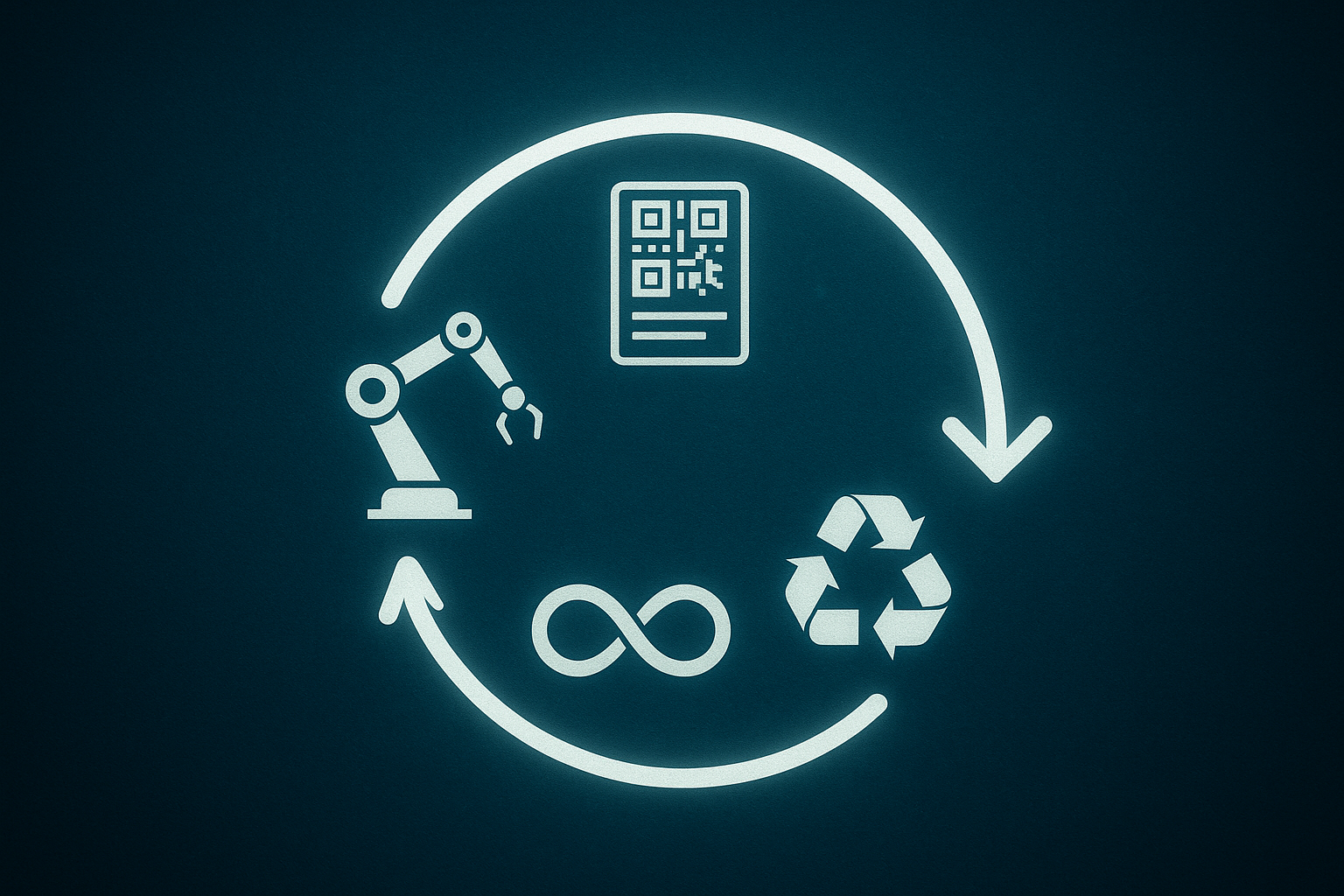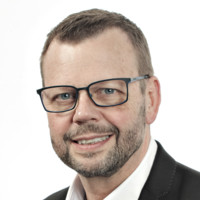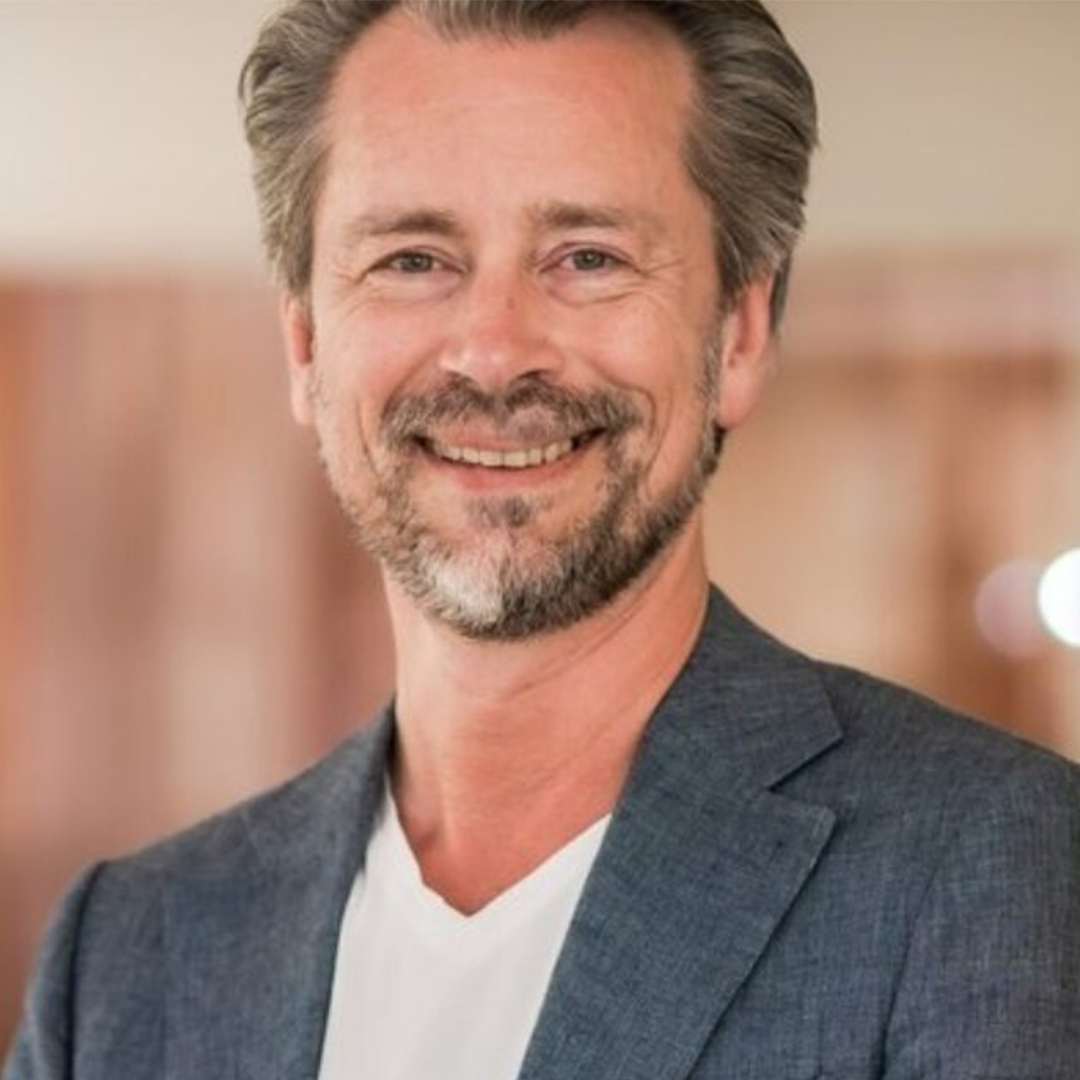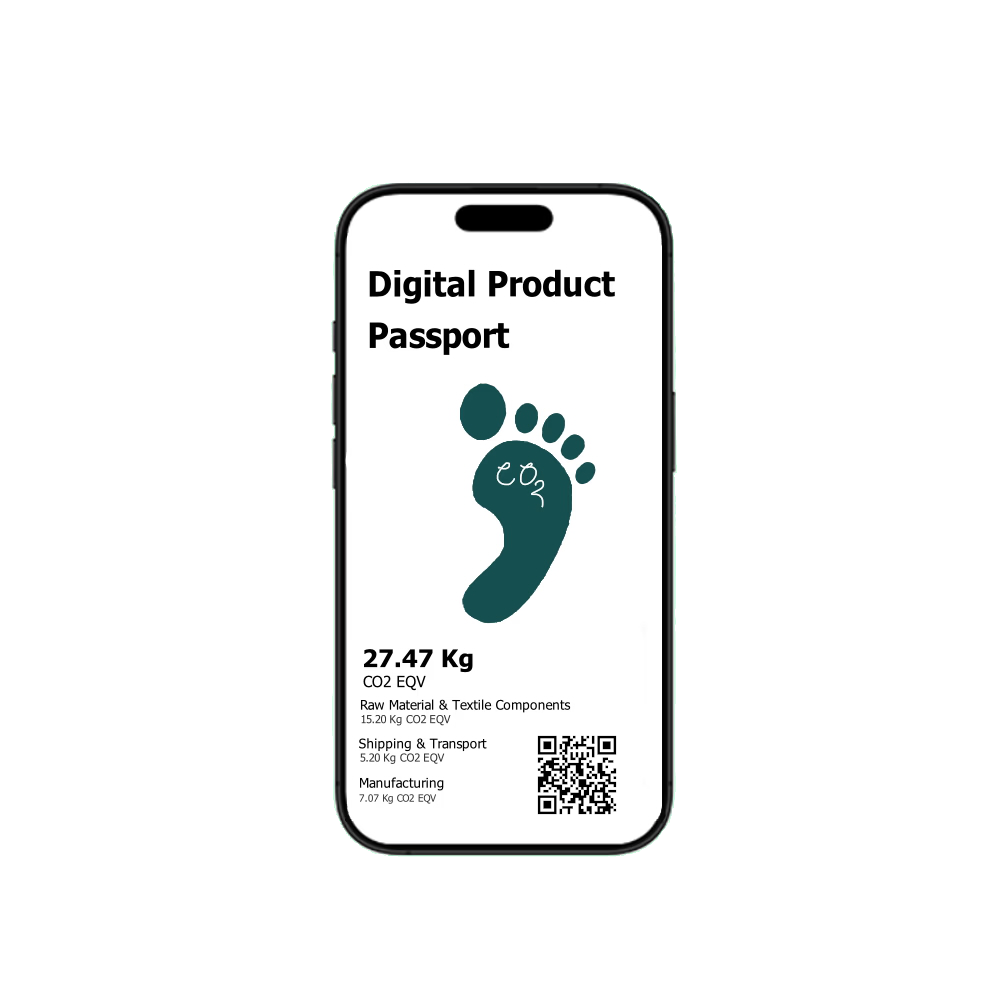From linear to circular production

CirTag was founded a year ago by Robert Berg and his co-founder Harinder Bedi, both with backgrounds in supply chain management, the electronics industry, and AI systems. Early on, they identified challenges such as complex material mixes, long supply chains, and significant carbon footprints. With the upcoming EU Eco Design for Sustainable Products Regulation (ESPR), the need for transparency and traceability is more important than ever.
– To move from linear to circular production, you need to know exactly what your products are made of. Digital product passports make that possible. By collecting and digitizing product data, the industry can design for longer lifespans, easier repair, and remanufacturing — instead of discarding and producing new, says Robert Berg, CEO and founder of CirTag.
Technology and data as tools
CirTag combines advanced technology and AI with extensive data on products and their life cycles. The platform enables manufacturers to analyze, optimize, and automate processes that were previously manual and resource intensive.
– With better insight into materials and product use, companies can develop new business models such as buyback, leasing, or service agreements, while also reducing environmental impact. Digital product passports help companies comply with regulations and create competitive advantages. The platform provides insights into product lifespan, usage, and potential improvements, while built-in analytics and reporting make sustainability work easier, Robert continues.
 |
 |
| Robert Berg CEO & founder CirTag |
Michel Bajuk Circular strategist, Cradlenet |
From theory to practice
A concrete example from CirTag shows how industrial screens can be repaired instead of replaced entirely.
– By replacing only a few components, the carbon footprint is drastically reduced, from 414 kilos to just 6 kilos, while the product retains its value and functionality. This demonstrates how circular principles can be put into practice, generating both economic and environmental benefits. Together with our project partner EG Electronics, we will also present a demo and pilot of the system during the fair, says Robert.
The road ahead
Digital product passports form the foundation for documenting products and their movement. Once in place, they enable more efficient processes and create new value streams.
CirTag will exhibit at SMART by Subcontractor, a new arena at Elmia Subcontractor where sustainability, technology, and materials meet. The arena is organized in collaboration with Cradlenet, Sweden’s leading network for circular economy, which contributes expertise, inspiration, and practical examples of how industry can transition to more circular flows.
– Product passports are an information architecture that allows data sharing between raw material producers, designers, manufacturers, suppliers, end users, repairers, recyclers, and everyone in between. They don’t automatically create more efficient or sustainable flows; that still requires effort, but the passports make it much easier. To make a value chain more circular, it must be integrated with smart product design, return logistics, reuse and repair systems, and sometimes even new ownership, business, and financing models, says Michel Bajuk, Circular Strategist at Cradlenet.
material producers, designers, manufacturers, suppliers, end users, repairers, recyclers, and everyone in between. They don’t automatically create more efficient or sustainable flows; that still requires effort, but the passports make it much easier. To make a value chain more circular, it must be integrated with smart product design, return logistics, reuse and repair systems, and sometimes even new ownership, business, and financing models, says Michel Bajuk, Circular Strategist at Cradlenet.
The ESPR covers many sectors, and the requirements for product passports vary widely between industries. There are concerns that this could lead to bureaucracy and obstacles. Large-scale implementation therefore also depends on harmonized data standards.
– The industry’s shift toward resource-efficient flows requires that materials, components, and products can be tracked throughout their entire lifecycle. Product passports make it possible to understand where value is created or lost — and how it can be preserved. The information generated enables data-driven decisions that benefit both business and the climate, supporting a truly sustainable transition, Michel concludes.